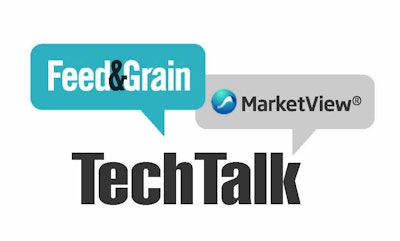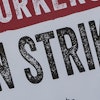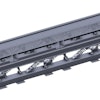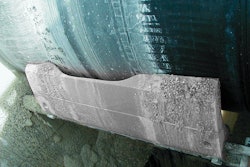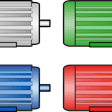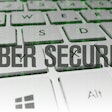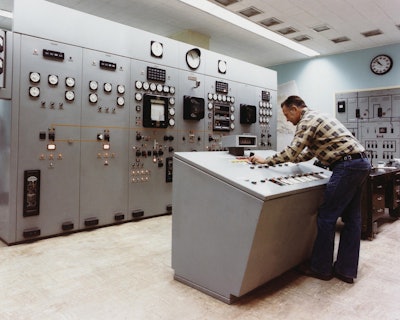
The issues that several of the large airlines have had recently caught my eye when they experienced delays, all due to software. The primary reason for the issues was after an interruption, the old systems had issues reconnecting to the newer systems. When the power goes out, or some other event, it can take hours, sometimes days to get everything communicating again. Kind of like my farm when the duct tape or baling wire breaks!

There are many reasons we end up keeping and maintaining old software applications. Mergers, acquisitions, as well as a just plain old lack of time and capital to upgrade. Not to mention the downtime to install, test, and learn new applications as that creates an immediate pain before you solve a future pain. Never an easy task or decision.
One thing to look at is what is the cost to support it today? What is the loss of business from any disruptions in older software applications? Inconvenience? Total disaster, or perhaps frustrated employees and customers. It might be worth taking a hard look at where your business is in regards to this. Software can fail due to hackers, and lack of redundancy, but more likely human prone issues prevail.
Not that the Government might be the best comparison, but 75% of Fed IT spending is on operations and maintenance of old technology – just keeping the lights on!www.gao.fov/products/GAO-16-468
What is your company spending on just keeping your old systems running? This really needs to be decisions made at the board level.

It might be a good idea for you to take a good assessment of all the systems in your business and perhaps test out some of your back-ups but taking them offline (during a slow time) and see if what you think you have really works.
There is some good news – SaaS solutions for many business related software applications are available now. Many are low cost and take the burden off the company for ongoing maintenance including upgrades, back-ups, etc.
At least if something happens at your business, you probably have much more comfortable places to wait out the problem than in an airport or on a plane!
.jpg?auto=format%2Ccompress&fit=max&q=70&w=400)
